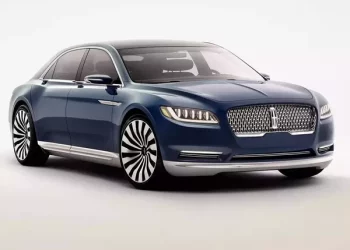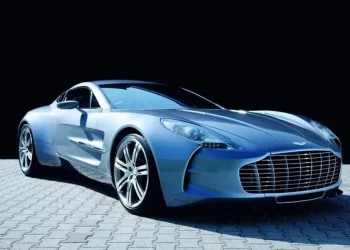The BMW 3 Series has long been revered for its thrilling driving dynamics and impressive performance. One crucial aspect that contributes to its dynamic character is the choice of engines available across different generations and models. In this comprehensive guide, we will explore the various engine options in the BMW 3 Series and help you determine which one may be best suited for your needs and preferences.
Understanding BMW 3 Series Engine Designations:
Before delving into specific engine options, it’s important to understand the engine designation system used by BMW. BMW employs a combination of numbers and letters to identify their engines. The numbering typically denotes the engine displacement, while the letters signify additional features or specifications. For example, a BMW 328i would have a 2.8-liter engine with fuel injection.
Engine Options in the BMW 3 Series:
The BMW 3 Series has offered a wide range of engine options throughout its history. Here are some notable engines that have powered various 3 Series models:
1. Four-Cylinder Engines:
Four-cylinder engines are known for their balance between power and efficiency. They provide adequate performance while offering good fuel economy. Some notable four-cylinder engine options in the BMW 3 Series include:
N52:
This naturally aspirated 3.0-liter inline-four engine was used in earlier generations of the 3 Series. It delivers smooth power delivery and a satisfying driving experience.
N20:
The N20 is a turbocharged 2.0-liter engine that offers a good balance of power and efficiency. It provides strong low-end torque and improved fuel economy, making it a popular choice among BMW enthusiasts.
B48:
The B48 is a successor to the N20, offering improved performance and efficiency. It features advanced technologies such as direct fuel injection and a twin-scroll turbocharger.
2. Six-Cylinder Engines:
Six-cylinder engines are known for their smoothness and power delivery, offering increased performance over four-cylinder options. Notable six-cylinder engine options in the BMW 3 Series include:
N55:
The N55 is a turbocharged 3.0-liter inline-six engine that delivers impressive power and acceleration. It offers a balance between performance and efficiency, making it a popular choice among driving enthusiasts.
B58:
The B58 is a successor to the N55, featuring further improvements in performance and efficiency. It incorporates technologies such as an integrated exhaust manifold and a twin-scroll turbocharger for enhanced power delivery.
3. Hybrid and Electric Options:
BMW has also introduced hybrid and electric powertrain options in the 3 Series lineup. These options prioritize efficiency and sustainability while still delivering engaging performance. Notable hybrid and electric options include:
330e:
The 330e is a plug-in hybrid variant that combines a four-cylinder engine with an electric motor. It provides the flexibility of electric-only driving and improved fuel efficiency.
i3:
While not part of the traditional 3 Series lineup, the all-electric BMW i3 offers zero-emission driving with its electric powertrain. It provides lively acceleration and a unique driving experience.
Determining the Best Engine for You:
Choosing the best engine for your BMW 3 Series depends on various factors, including your driving preferences, performance requirements, and fuel efficiency considerations. Here are some key aspects to consider when selecting an engine:
1. Performance Requirements:
If you prioritize exhilarating acceleration and dynamic driving characteristics, the six-cylinder engine options like the N55 or B58 would be suitable choices. These engines offer robust power delivery and a thrilling driving experience.
2. Fuel Efficiency:
For those who prioritize fuel economy and lower emissions, the four-cylinder engine options such as the N20 or B48 provide a good balance of power and efficiency. Additionally, the hybrid variants like the 330e offer the benefit of electric-only driving for improved fuel efficiency.
3. Driving Conditions:
Consider the typical driving conditions you encounter. If you frequently drive in urban areas or face heavy traffic, engines with strong low-end torque, such as the turbocharged options, may be more suitable. They offer responsive acceleration even at lower rev ranges, making city driving more effortless.
4. Budget Considerations:
It’s essential to consider the budgetary aspect, as higher-performance engines often come with a premium price tag. The cost of maintenance, insurance, and fuel consumption should also be factored into your decision-making process.
Conclusion:
The BMW 3 Series offers a range of engine options, each with its own set of strengths and characteristics. Determining the best engine for your needs requires careful consideration of factors such as performance requirements, fuel efficiency, driving conditions, and budget considerations.
Whether you opt for a four-cylinder engine like the N20 or B48 for a balance
Related topics:





























